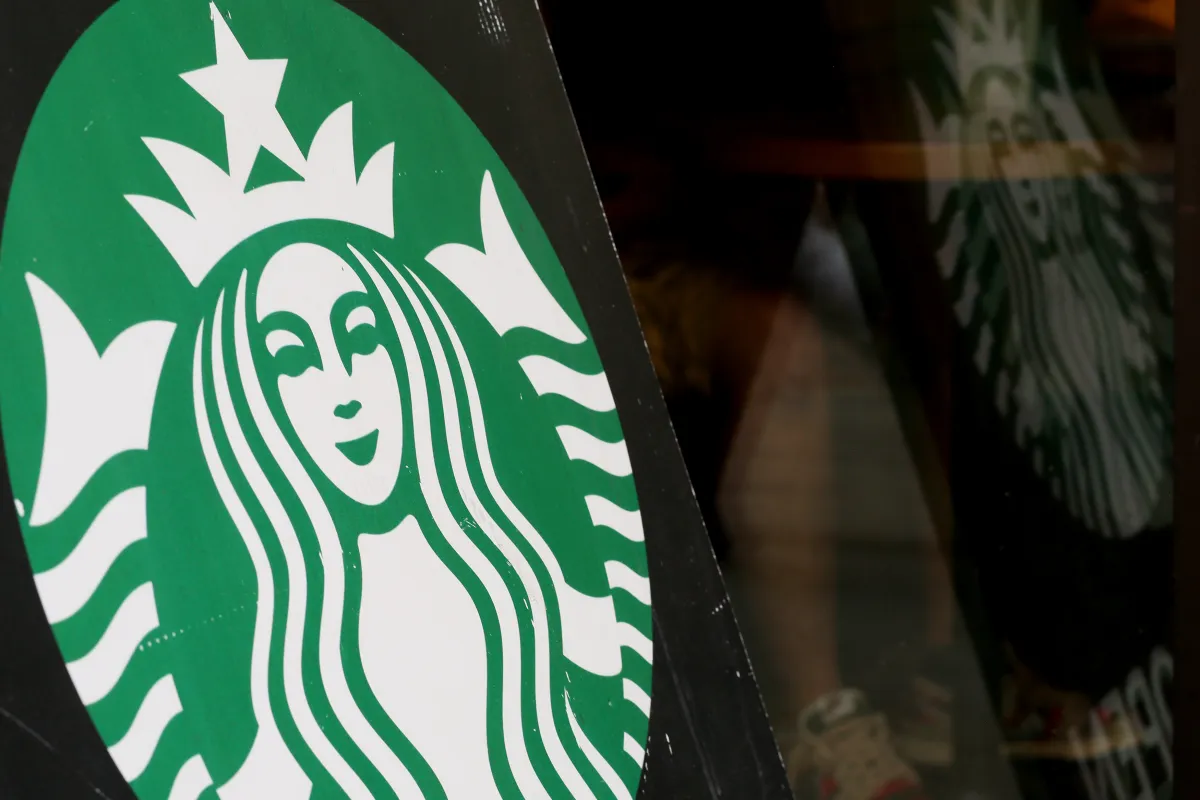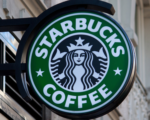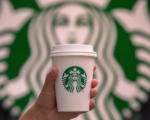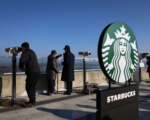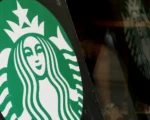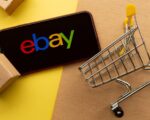The loyalty program operates on a five-tiered system, boasting over 58,000 active participants, with at least level one membership, according to Kaczynski. He emphasized that these participants aren’t exclusively web3 natives, indicating a diverse user base beyond the realm of web3 enthusiasts.
Notably, individuals who reach tier five of the program have demonstrated significant engagement, often making substantial purchases on secondary marketplaces. As an example, Starbucks recently announced a reward for the top 20 participants, sending them on a trip to Costa Rica to visit the coffee company’s farms where beans are sourced.
Beyond large corporations like Starbucks and Nike, there is potential for local businesses to leverage NFTs for various purposes, including the creation of loyalty programs or the issuance of tickets as digital assets to incentivize engagement.
To illustrate this concept, Kaczynski proposed a scenario involving Hot Pockets, a food brand, launching a promotion offering a 20% discount to gamers who purchase the brand’s Fortnite skin and connect it to a crypto wallet. He explained that this approach benefits both the purchaser, who receives a discount, and the brand, which gains an active participant in its ecosystem. This demonstrates how individuals not only engage with gaming but are willing to invest disposable income in third-party offerings, contributing to a dynamic ecosystem of participation.
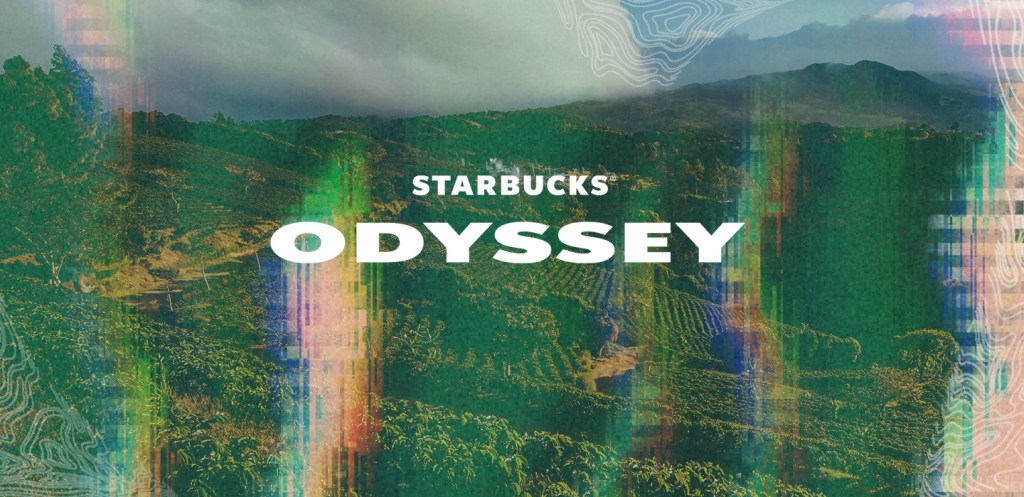
When discussing NFTs, there’s a common misconception that they’re merely about owning expensive digital images, such as those seen in projects like the Bored Ape Yacht Club. However, according to Kaczynski, there’s much more value to be found in owning NFTs.
He likens the experience of owning an NFT to visiting a museum and admiring a valuable painting on display. While anyone can take a picture of the painting, it holds no intrinsic value. The true value lies in the original painting owned by the museum, as it can prove ownership and authenticity. NFTs have introduced a similar concept to the digital realm, enabling individuals to truly own digital items in a way that was previously impossible.
Kaczynski highlights the significance of brands and companies being able to buy, sell, and truly own loyalty, emphasizing that this concept fosters a more reciprocal relationship. While not all community members may actively participate in buying and selling NFTs, having the optionality to do so adds value and significance to the loyalty experience for many individuals.
This narrative was inspired by an episode of TechCrunch’s podcast Chain Reaction. Subscribe to Chain Reaction on Apple Podcasts, Spotify, or your preferred podcast platform to discover more stories and insights from the entrepreneurs shaping today’s most innovative companies.


